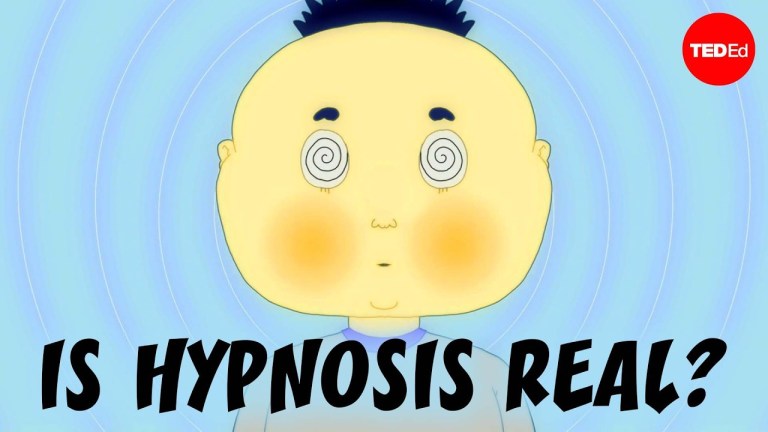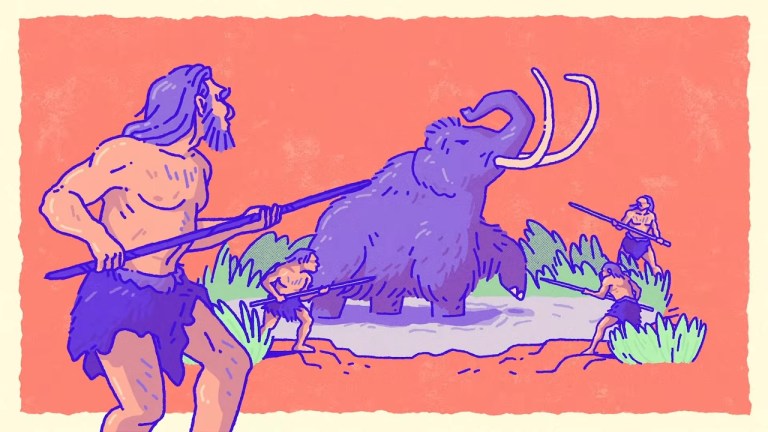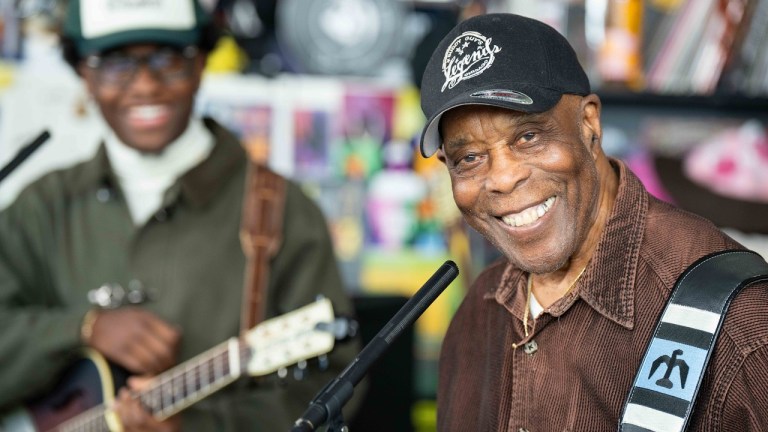Bryan Cranston Reads Letters From Soldiers Who Survived D-Day in Powerful AARP Video Tribute
In a powerful episode from the AARP series Battlefield Heroes in honor of the 75th anniversary of D-Day, the very talented actor Bryan Cranston solemnly reads a letter from PFC Dominick “Dom” Bart to his wife Mildred that he wrote after the attack upon Omaha Beach in German occupied France. Despite being in the first wave of soldiers who landed during Operation Overlord (code name for the Battle of Normandy), Bart somehow survived to relate the chilling tale of what he saw to his beloved wife.
.@BryanCranston narrates “Letters from D-Day,” with never before seen footage from Normandy scanned in 4K. Episode 1 just went live: https://t.co/ivSutto6HI
— David Friedman (@ironicsans) June 4, 2019
Witness the heroism of PFC Dominick Bart as I narrate his letter home illustrating what he witnessed as part of the first wave to land on Normandy. #DDay75 @AARPhttps://t.co/0t3Zl2AY9A
— Bryan Cranston (@BryanCranston) June 4, 2019
Cranston also reads a letter from PFC Jim “Pee Wee” Martin, who parachuted over Normandy during that very same battle.
Pfc. Jim “Pee Wee” Martin writes of his first taste of battle as a paratrooper in the D-Day invasion. Academy Award-nominated actor Bryan Cranston helps bring this letter to life, accompanied by restored high-resolution 4K footage scanned from 35mm film taken on the battlefield and in the air.
Both letters were provided for these historical narrations by the Center for American War Letters at Chapman University in Orange, California.
The Center for American War Letters (CAWL) is a unique and extensive manuscript collection of war letters from every American conflict, beginning with handwritten missives composed during the Revolutionary War and continuing up to emails sent from Iraq and Afghanistan. These personal war-related correspondences are a vital record of the collective memory of the American people, as witnessed and articulated by service members, veterans, and their loved ones, who experienced these wars firsthand.
via David Friedman






